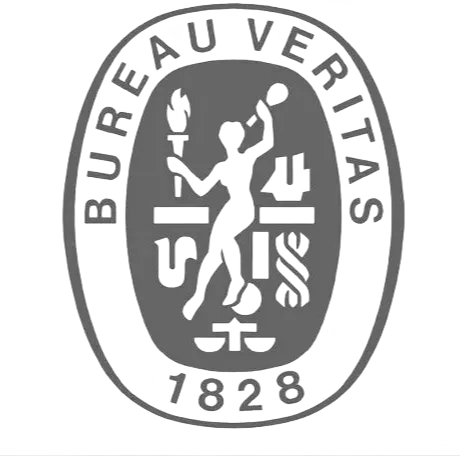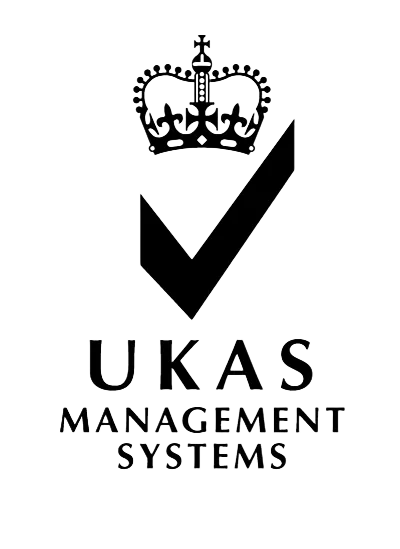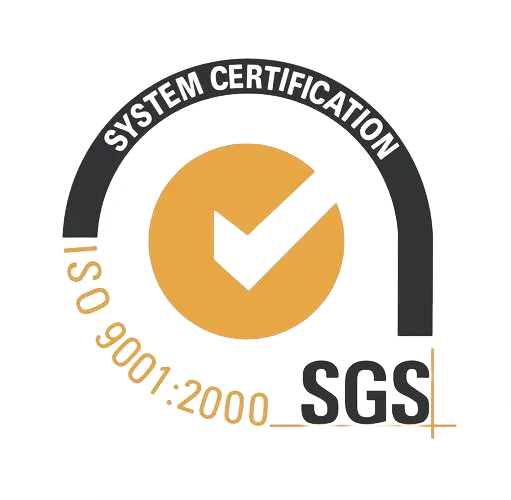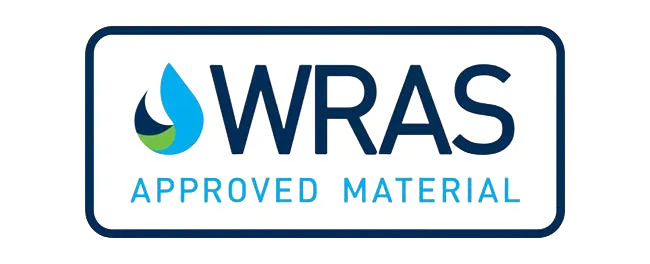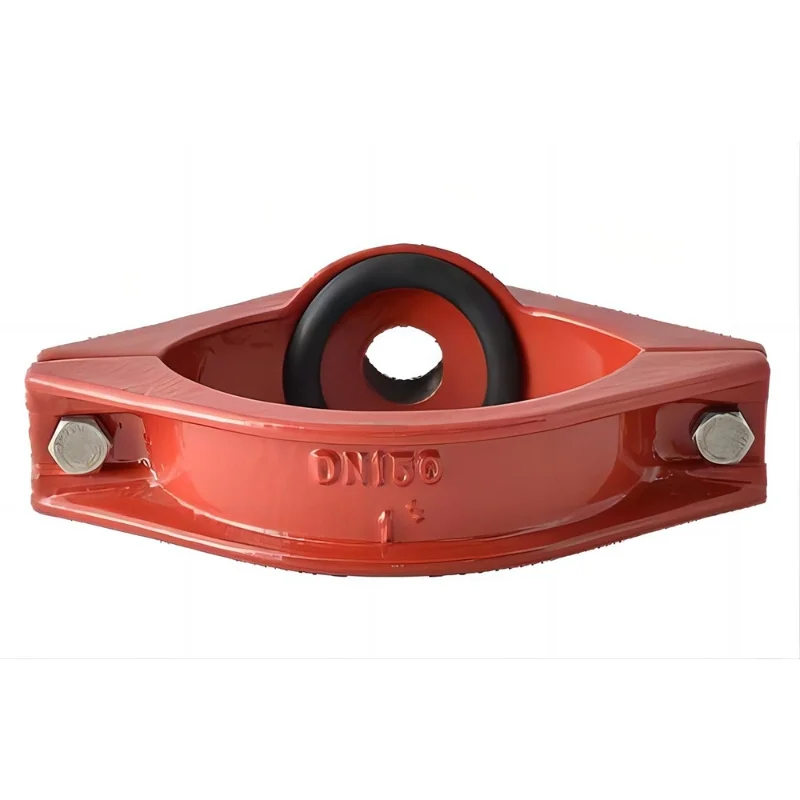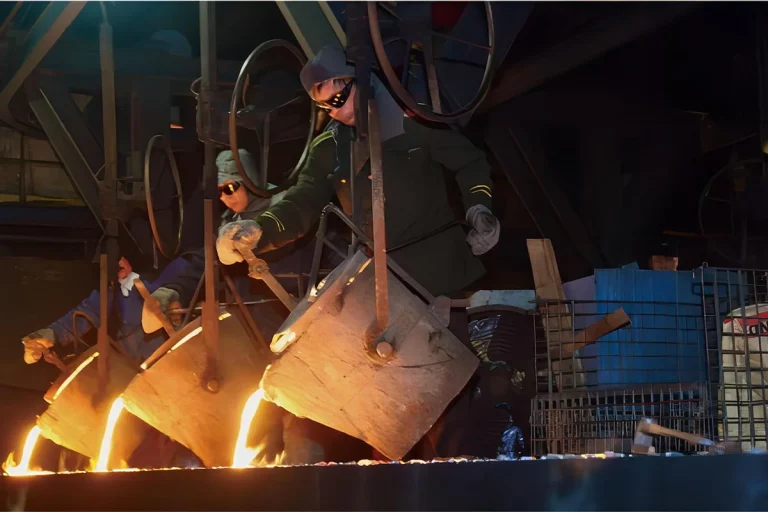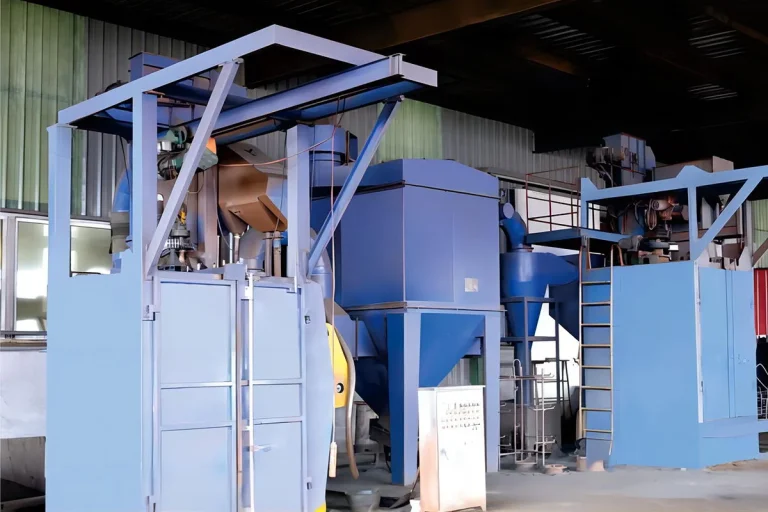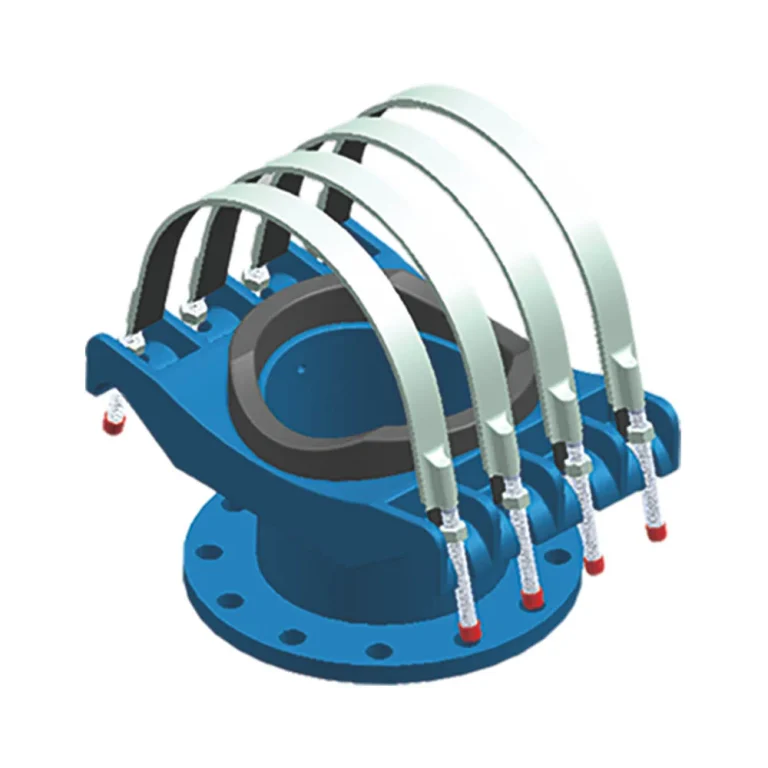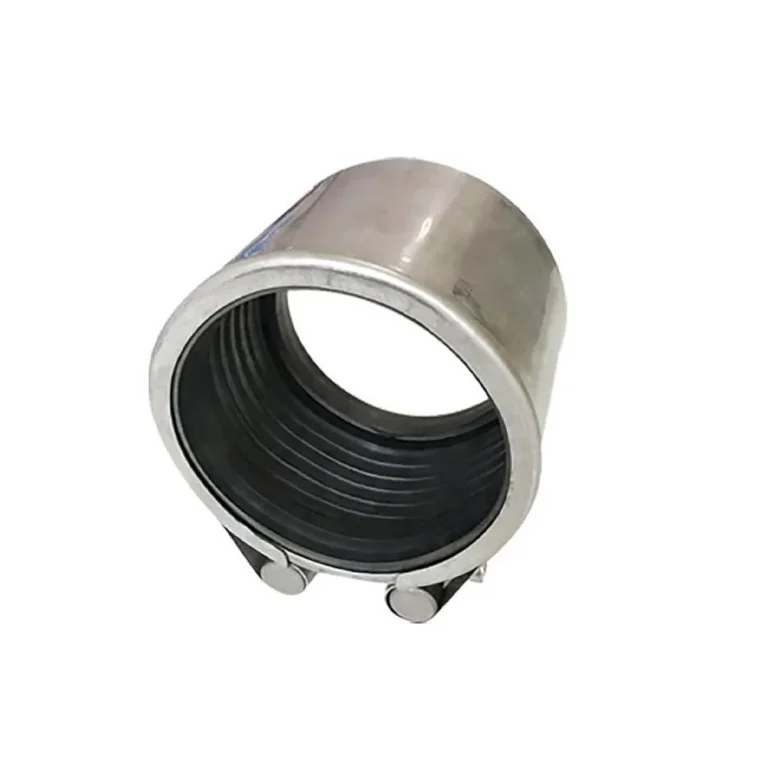In the intricate realm of pipeline networks, secure and robust connections are highly essential. During the installation of a new pipeline system or repairing an already compromised one, the right selection of component parts is extremely crucial for future reliability and performance.
Of the top reasons, the saddle clamp provides you with a simple way of creating branch connections or receiving necessary fittings like water meters and faucets without affecting pipeline flow.
With all those options out there to consider, however, how do you go about choosing in a manner that obtains the correct saddle clamp for your own purposes? Let’s consider expert knowledge and last guide on selecting the correct saddle clamp for your needs.
Why Saddle Clamps are Such a Vessel to Pipeline Systems
How Saddle Clamps Work
Have you ever tapped a new outlet or installed a meter on to a live pipeline? This is where the brilliance of the saddle clamp comes in. A saddle clamp is a fixed fitting to an existing pipe, providing a sealed and contained point of entry for a branch line or accessory.
What are the Most Essential Saddle Clamp Uses?
Development of Branch Lines
Saddle clamps enable one to hook onto a central pipe and form a smaller branch line for other purposes.
Fitment Installation
They offer a quick and easy way of fitting things like faucets, water meters, and other fittings.
Reduction of Downtime
One of the major advantages of saddle clamps is that they can be fitted on running pipelines without shutdown and with minimal loss of operation.
Facilitating Maintenance
Certain types of saddle clamps can even be utilized for temporary or even permanent repair of minor leaks or pipe damage.
Understanding these major functions highlights the importance of selecting an appropriate saddle clamp for your pipeline and creating a leak-tight and long-lasting joint.
What Do You Decide Upon?
What Type of Pipe Are You Working With?
Is your pipe Ductile Iron (DI), Polyethylene (PE), Polyvinyl Chloride (PVC), or Steel? They must be compatible. They have varying external diameters and surface roughness, and thus saddle clamps having a firm grip and good seal are required.
Can Universal Saddle Clamps Be Used?
High-output manufacturers like Conflex Joints offer Universal Saddle Clamps that are universal for use on different pipe materials, such as DI, PE, PVC, and Steel, with the same nominal size. This significantly makes it easier for pipe installation businesses to reduce inventory costs.
What is the Required Size and Outlet?
Do you have the nominal diameter (DN) of your master pipe and the size of outlet you need? Saddle clamps are available in numerous sizes to fit standard pipe diameters.
Choosing a saddle clamp with the same DN as your pipe and the proper outlet size for your connection is crucial to a successful installation.
What is the Operating Pressure and Temperature?
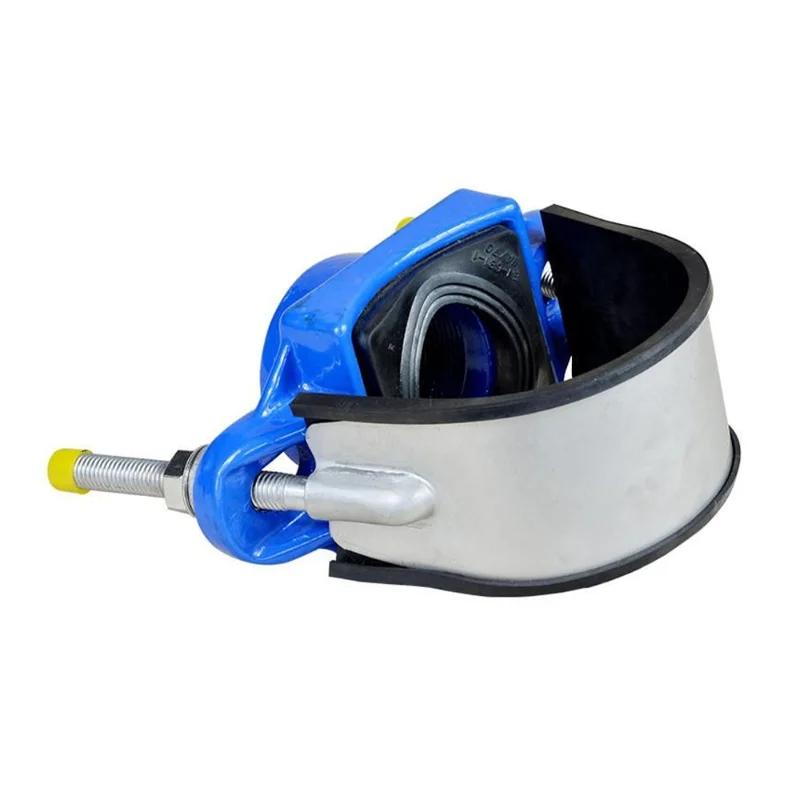
Saddle clamps are also rated to work at specific operating pressures (PN) and temperature ranges.
Care should be taken in selecting a saddle clamp whose pressure rating is lower than your system operating pressure, as this can lead to failure and even danger.
Example of High-Quality Pressure Ratings
For example, Conflex Joints’ Universal Saddle Clamps have a standard working pressure of PN10/PN16 and maximum temperature range of -10°C to +70°C.
Will the Application be with Potable Water?
In the event of a drinking water distribution pipeline, potable water certification is not available. WRAS approval ensures the drinking water contact materials’ safety is in compliance.
What level of corrosion resistance is needed?
Environmental conditions of soil, water saturation, and carried fluids can potentially influence saddle clamp life. Solutions like Fusion Bond Epoxy coating and stainless steel threaded fasteners significantly enhance corrosion protection.
How Important is Install and Maintenance Ease?
Rapid installation is needed, especially on in-place pipelines. Solutions like bolted joints with high wrench-tightening, standard or torque wrench, strength will make it fast and reduce downtime.
What are the Key Features of High-Quality Saddle Clamps?
Is the Material Durable and Long-Lasting?
High-quality saddle clamps will typically feature a ductile iron (GGG50) body with its high strength and long life. A secure grip around the circumference of the pipe is given by the stainless steel belt.
Does the Gasket Make a Strong Seal?
The gasket makes the seal watertight. Materials commonly used are:
EPDM – For drinking water
SBR – General application
NBR -Oil-based, fluid resistant
Are the Bolts and Nuts of High Quality?
High-strength stainless steel (SS304) bolts provide corrosion resistance, providing long life in aggressive environments.
What About the Finish Layer?
A good finish layer, e.g., Fusion Bond Epoxy, provides corrosion protection, extending service life by years.
Does It Provide Flexibility in Pipe Compatibility?
Universal saddle clamps, e.g., Conflex Joints, accommodate different pipe materials and slight variations in pipe diameters, making inventory easier.
Why Select Conflex Joints for Your Saddle Clamp Requirements?
What Makes Conflex Joints a Reliable Manufacturer?
Conflex Joints, as a result of more than 15 years of experience, is a top manufacturer of pipeline repairing and joining systems. They have been serving industries like water supply, drainage, heating, gas, oil, and chemical industries all over the world.
What Are the Benefits of Conflex Joints’ Saddle Clamps?
Compatibility and Flexibility
Their Universal Saddle Clamps span DI/PE/PVC and Steel pipes of same nominal diameter for reduction of inventory costs.
Simple Installation
Assurance of easy installation is made through high tensile strength nuts and elastic stainless steel belts with no shutdown of pipeline operations.
Resistance to Corrosion
Ensured durable lifespan is achieved through coatings of Fusion Bond Epoxy finish and stainless steel materials.
WRAS Certified for Drinking Water
WRAS approval assures safety in application in water drinking systems.
Conclusion: Are You Ready to Make the Best Choice in Saddle Clamp?
In terms of parameters like pipe material, diameter, pressure rating, corrosion protection, and ease of installation, you can make the right decision for a durable and safe connection. Due to their focus on quality and innovation, Conflex Joints is a highly desirable choice for a wide variety of pipeline applications.

